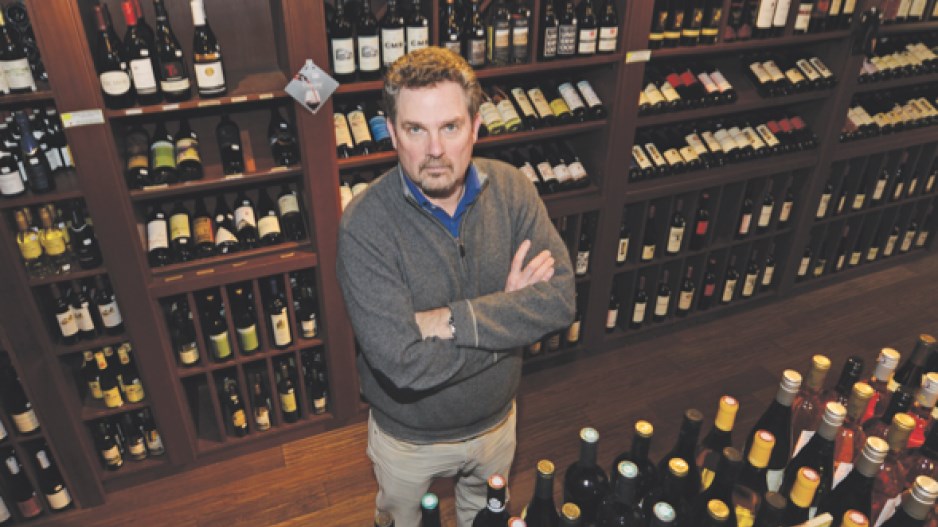Grocers will have a much easier time getting approval to sell B.C. wine starting April 1 thanks to liquor policy tweaks that Attorney General Suzanne Anton announced December 19.
The changes, however, do little to appease concerns from independent wine sellers.
Before today, the expectation was that grocery stores would have to be at least one kilometre from the nearest wine or liquor store in order to be eligible to buy a liquor license and transfer that license to the grocery store.
Anton’s tweak enables a grocer to buy an existing VQA wine store license or an independent wine store license and transfer that license to the grocery store even if there is a private liquor store next door.
This change only applies if the grocer intends to sell exclusively wine made from 100% B.C. grapes and sell those wines on in-aisle shelves.
This model is in addition to the government’s plan to allow grocers to create a store within a store and sell beer, wine and spirits.
Wine store owners, such as Liberty Wine Merchants owner Robert Simpson , who have been critical of government liquor law changes to date, were unimpressed.
His five stores can currently sell wines from all over the world. So, if Simpson were to sell his license to a grocery store, the license would lose value because the buyer would not be able to sell international wines, which is 70% of Simpson’s sales.
“It’s like saying to a shoe store that you can only sell black shoes,” Simpson said. “That’s great as long as you want black shoes.”
A bigger concern that Simpson has is that Anton reiterated her intention to create a “limited number of new licenses” for grocers who want to sell B.C. wine.
She once again failed to say exactly how many new wine-selling licenses the government intends to create. Any new licenses, however, would have the effect of reducing the value of liquor licenses, Simpson said.
"This isn't good for our members," said Poma Dhaliwal, who, as president of the Alliance of Beverage Licensees of British Columbia, represents private liquor store owners.
He explained that many grocers have a private liquor store very close by. Those liquor store owners will now face the likelihood of lower sales as customers buy B.C. wines in grocery stores.
B.C. winery owners, however, praised Anton’s announcement.
“We stand to expand the accessibility of the wines of B.C. with a new group of wine-lovers,” said Painted Rock Estate Winery owner John Skinner.
“Food and wine are so closely intertwined and embraced by British Columbians that this partnership is a natural progression for our province’s burgeoning wine industry.”
Another clarification that Anton made about the off-the-shelf grocery store wine sales model are that transactions must be done at designated registers that are staffed by employees who have Serving It Right certification and who are at least 19 years old.
Much like the store-within-a-store model, which would allow grocers to also sell beer and spirits, the grocer would have to be at least 10,000 square feet large and focus at least 75% on food products and services.




